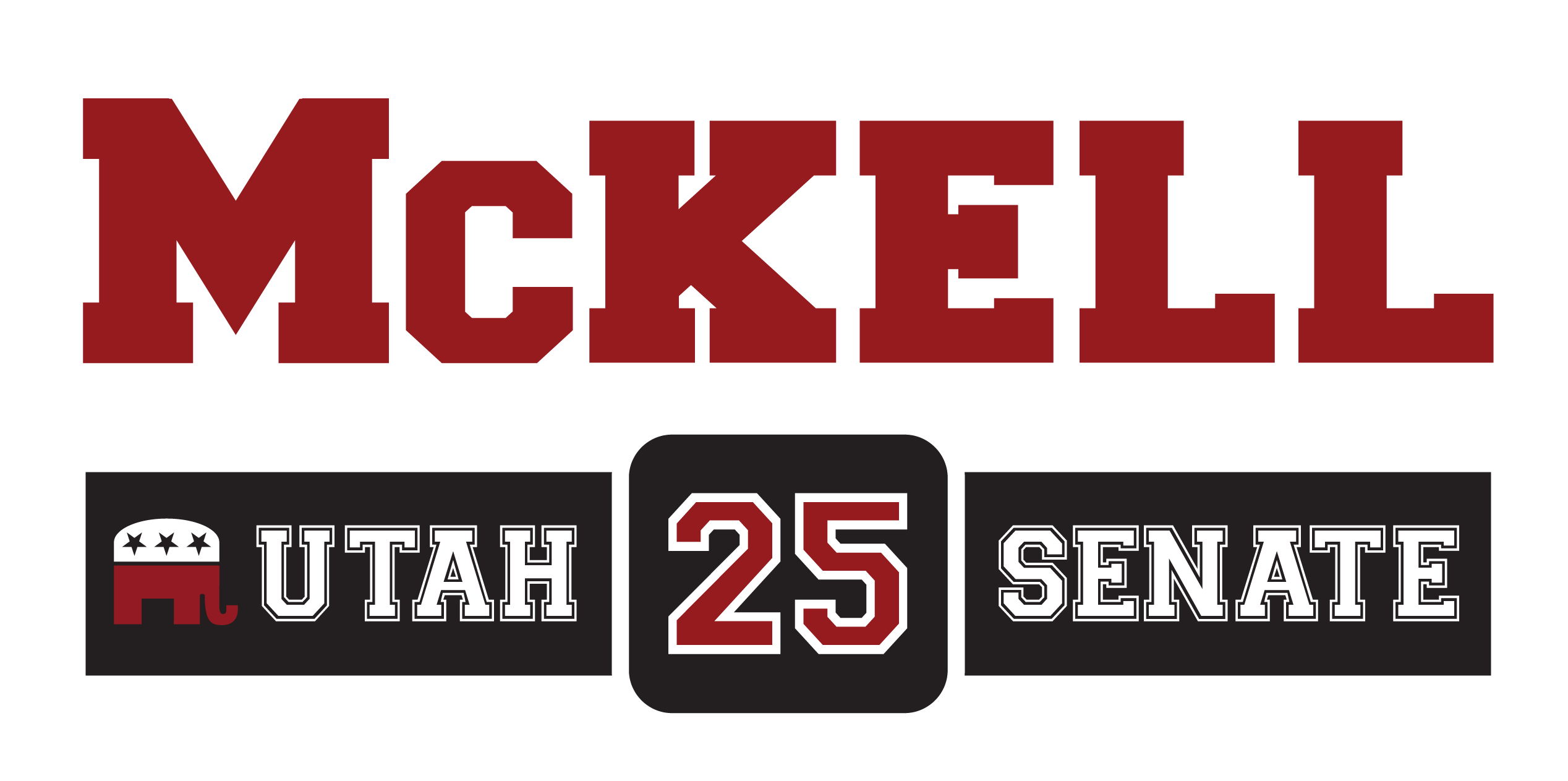Friends and Neighbors,
For two years in a row, Utah’s been ranked the best state overall, and we’ve held the top economic outlook for 17 consecutive years. This success comes from our state’s smart planning and responsible financial policies.
Budget updates released this week show Utah’s economy is strong, with revenue growing steadily at 3.5% for fiscal year 2025-26. Wages are rising, retail sales are up, and we’re on track to balance the budget while making important investments in the future. This consistent growth shows Utah’s ability to adapt and remain strong. We’re also transitioning smoothly to a more normal revenue flow after the pandemic’s economic impact.
By sticking to fiscally conservative policies and strategic planning, we’re ensuring that Utah stays a great place to live and work for years to come.
For more updates on what’s happening on Capitol Hill, watch my video update below.
Enhancing Protections for Children in Congregate Care Facilities
In 2021, I passed S.B. 127 to increase oversight in congregate care facilities. Since then, however, multiple deaths have occurred in Utah facilities. To strengthen protections and prevent further harm, I’m working on S.B. 297 this year.
S.B. 297 establishes the Congregate Care Admissions Committee to review and approve admission criteria, enhances safety standards across facilities, and creates a Congregate Care Ombudsman within the Department of Health and Human Services to receive, investigate, and address complaints.
A big thank you to Intermountain Primary Children’s for working with me on this important bill, and to the advocates and survivors who shared their stories with the Senate Judiciary, Law Enforcement, and Criminal Justice Committee last week. S.B. 297 passed unanimously in committee and will now be heard on the Senate floor. I look forward to getting this legislation across the finish line and ensuring that children in Utah are safe and receive the care they need.
Expanding Affordable Housing
Helping Utah families buy their first home is key to keeping our state a great place to live, work, and raise a family.
S.B. 181 Housing Affordability Amendments take a step toward solving this issue by preventing certain municipalities and counties from requiring garages for affordable, single-occupancy homes. Garageless homes, which were more common in the past, are cheaper to build— a standard two-car garage can add up to $50,000 to a home’s cost. While the changes are simple, this bill could significantly lower construction costs and, in turn, home prices, making homeownership more accessible. It also allows local officials to require on-site parking, so parking needs are still addressed without limiting affordable housing development.
This bill is part of our ongoing effort to promote more affordable housing options. Along with initiatives like the First-Time Homebuyer Program, we’re working to keep the American Dream within reach for Utah families now and in the future.
Improving the Government Records Appeal Process
S.B. 277 aims to improve the efficiency of the government records appeal process. The bill addresses the backlog of appeals by creating a full-time director to ensure appeals are handled in a timely, consistent, and lawful manner. This bill is based on audit recommendations and should streamline the process.
The current system, which relies on a volunteer committee that meets only once a month, has resulted in inefficiencies and inconsistent decisions. The committee, which has the authority to issue subpoenas, impose fines, and make binding decisions, lacks the legal expertise typically required for such responsibilities. In recent years, there has also been a dramatic increase in appeals, creating a significant backlog. For example:
- In 2022, only 1 out of 48 appeals was heard within 73 days.
- In 2023, the average time from receiving a notice of appeal to issuing a decision was 156 days.
The number of appeals has sharply increased:
- 2012 – 72 appeals
- 2013 – 47 appeals
- 2014 – 81 appeals
- 2022 – 240 appeal
- 2023 – 177 appeals
- 2024 – 260 appeals
S.B. 277 establishes a dedicated director to oversee appeals and increases training for government agencies to improve initial records requests, address inefficiencies, and ensure more information is released upfront.
This bill does not limit the public’s ability to request records or appeal decisions, and it does not introduce any fees for submitting an appeal. The public will still be able to access records and use the court system if they choose to appeal. Additionally, the balancing test that is part of the current statute will remain intact.
Students on the Hill
One of my favorite parts of being at the Capitol is meeting with students from our district. This past week, I had the pleasure of talking with students from Diamond Fork Middle School in Spanish Fork. I enjoyed sharing about the legislative process and answering their questions.




